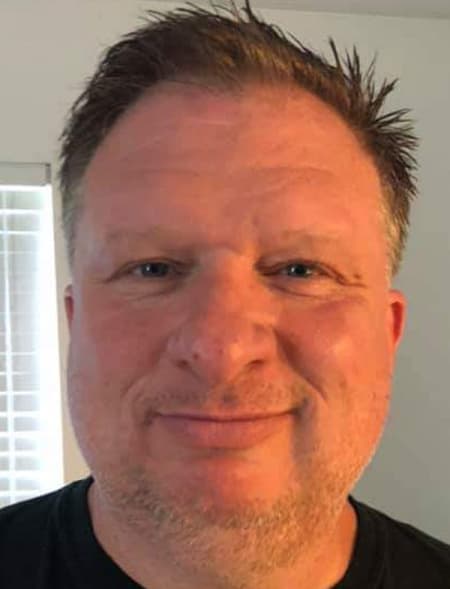(THI continues taking a look each day at a different part of Roy Williams' summer press conference Tuesday. His full presser is posted before this article.)
CHAPEL HILL – The graduate transfer rule has been in place for just about a decade, with North Carolina dipping its hand into that basket twice before this spring.
Roy Williams’ program brought in Alabama gradate Justin Knox for the 2010-11 season and two years ago welcomed Cameron Johnson, who’d recently graduated from Pittsburgh. Knox served a role as a reserve big man on a team that advanced to the Elite Eight while Johnson became perhaps UNC’s best player this past season, helping lead the Tar Heels to a share of the ACC regular season title and spot in the Sweet 16.
But with freshmen Coby White and Nassir Little going pro after one season as Tar Heels and the program losing Johnson, Luke Maye and Kenny Williams, Carolina’s coach needed a fairly quick remedy to what could have been projected as a significant deviation from wat has become a normal season for UNC. It appeared on paper the Heels were going to face a huge challenge next season to maintain the status quo until Williams landed the top high school point guard in the country in Cole Anthony and a pair of needed graduate transfers.
Williams first brought in Christian Keeling, a shooting guard not long before he graduated from Charleston Southern and then picked up Justin Pierce, who was weeks away from graduating from William & Mary.
Call them band-aids or whatever, but they are now a part of the program, and as more prominent programs add graduate transfers to their rosters, they’ve become a different kind of one-and-done. And like the highly touted freshmen that come and go so quickly, they’ve also become valuable commodities.
Out of need, Williams went full throttle into the grad transfer route this spring, thus causing a shift in how he’s typically crafted his teams for the better part of the last three decades.
Williams has long been a master at building a program layer by layer, envisioning how his program will look a couple of years down the road. But times are different.
“Needless to say, it has changed dramatically,” Williams said during his summer press conference Tuesday at the Smith Center. “In a perfect world, which it’s not, I’d have four or five freshmen every year. But at the same time, we’re not in a perfect world.
“Both of these kids were really good students, I knew their coaches or people close to them personally, so we got quality kids and quality players.”
Personal evaluation has always been a very important part of Williams’ process. He doesn’t exactly had out offers for the sake of getting them out there. Each time he extends to a prospect it means a great deal and he must see a kid a certain number of times or simply trust his instincts the player is a fit for what the Tar Heels do.
So, Williams and his staff spend a great deal of time watching kids at spring and summer events before offering. But with grad transfers, unless one of the players was an opponent at one point in their careers, it’s unlikely Williams has seen them play in person. So how does he get around that, especially now knowing he’s so open to welcoming them into his program.
“You still have tape,” Williams said. “Every game is televised in some form… That’s the biggest thing specifically with the grad transfers, that’s what you do.”
The proliferation of one-and-done players, which Williams discussed Tuesday and THI highlighted in a report later that afternoon, and graduate transfers has altered the recruiting landscape significantly.
Texas Teach reached the NCAA championship game with two grad transfers in its starting lineup. One of the players, guard Matt Mooney, played at Air Force and South Dakota before ending up in Lubbock.
“The whole world in basketball recruiting has changed,” Williams said. “We’re still recruiting, but we’re still recruiting for this next season. You never stop recruiting, I do that all the time…
“They’re making it easier and easier for transfers, and that’s good and bad. A kid should be able to do what he wants to, but also, I happen to be one of those old school guys that thinks it’s okay to have some adversity and handle it.”
Graduates have persevered, though, and with the overwhelming positive experiences Williams has had with Knox and Johnson, bringing in Keeling and Pierce were done without hesitation. It’s now a part of the process, and Williams has clearly fully adapted.
